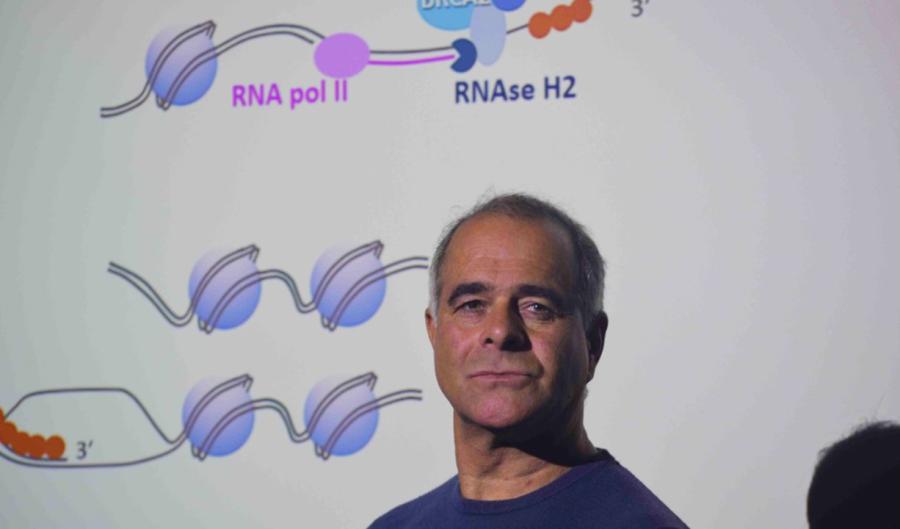Ceridwen Oncology, who are also being supported by M-SParc, Bangor University’s science park on Anglesey, is to develop and transform medical discoveries by Bangor and Cardiff Universities into useable medical treatments.
The new company has been selected against stiff competition, to join the Alderley Park Oncology Development programme (APODP), a globally leading commercial accelerator programme, created by UK Government Innovate UK and Cancer Research UK in partnership with some of the world’s larger global pharmaceutical companies, Astra Zeneca, GlaxoSmithKline, Johnson & Johnson and Roche.
The aim of the new programme is to identify and progress exciting oncology innovations that will improve the diagnosis and treatment of cancer. Its goal is to bring forward viable oncology projects much more quickly in order to significantly increase their likelihood of commercial success, and ultimately, patient benefit.
Following a rigorous three-day selection workshop and three month Phase I programme the laboratory-based research team from Bangor University’s Cancer Research Institute has been put forward as one of the only six companies from an initial long-list of 86 companies to progress into the final stages of the programme where they will be connected to appropriate investment partners.
Represented by the company, Bangor University is the only non-Russell Group University to have a presence in the project.
The scientists have identified a unique feature of a rare bone cancer called chordoma - and have also identified a series of molecules that inhibit the ability of the cancerous cells to progress the disease. They have extended this to show that these molecules may have activity against more common cancers that have elevated prevalence in Wales.
The next stage, translating the scientific knowledge into patient benefit, can be a long, challenging and expensive process. Forming a company enables the scientists to access ‘angel’ investors and other investment opportunities.
Dr Ramsay McFarlane, who has been integral to the research work will be developing the research, explained the symmetry within the name of the new company, Ceridwen Oncology:

“Ceridwen was the Welsh Goddess of rebirth, transformation and inspiration, she gave birth to a horrible child, but used wisdom to develop a potion, the first three drops of which would cure him.
We see a symmetry between the Welsh myth and our own research work, which is based on genes associated with new birth, we see the cancer as the horrible child and our therapeutic development as equating to Ceridwen’s three curative drops of potion.”
Seed-funding for the original research at Bangor University came from the Life Sciences Research Network Wales (an initiative funded by the Welsh Government’s Sêr Cymru Programme), and Cancer Research Wales cancer charity, who’s fund raisers have been instrumental in ensuring these developments occurred in Wales and will ultimately benefit patient in Wales and beyond.
Ceridwen Oncology is a significant development in Wales’s R and D landscape and clearly illustrates the strong partnership that exists between research at Welsh Universities and UK and global pharmaceutical industries.
Joining the Alderley Park Oncology Development programme (APODP), is a huge opportunity to Wales and an absolute credit to the pioneering research being conducted by research groups at Bangor and Cardiff University that was in part supported by the Sêr Cymru Programme.





